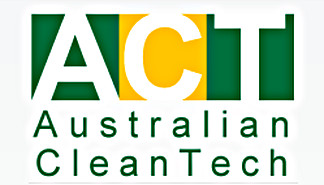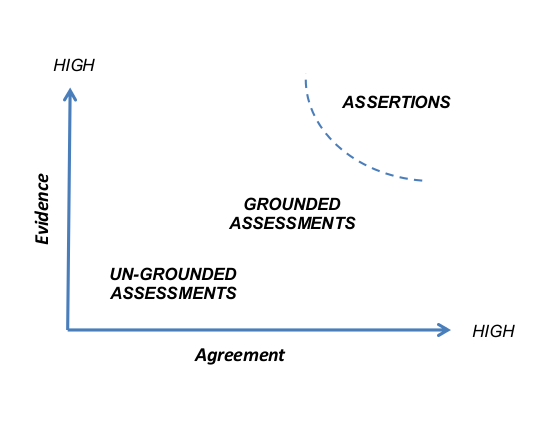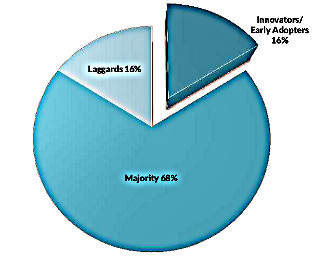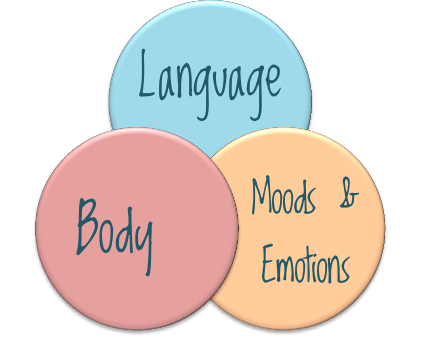Is Cleantech the future of Australian manufacturing?
As different industries grapple with what sustainability means, different terms are being developed to suit specific contexts. One term emerging in the manufacturing sector is Cleantech – short for Clean Technology. John O’Brien of Australian Cleantech defines it as:
“Products and services with economic AND environmental benefits”It’s about thinking win/win and letting go of 20th century notions of cost, compliance and reporting. Having local figures that build evidence for the early majority in the innovation adoption cycle is a great resource.
Cleantech is seriously good business
Australian Cleantech’s 2012 survey of 1160 Australian cleantech companies found that “as a sector, these companies had combined revenue of nearly $26 billion and employed nearly 45,000 people. They were involved in capital transactions totaling $2.8 billion during the 2011 calendar year…”
 They also note that “With 45,000 employees, the sector is the same size as the automotive manufacturing industry in Australia and its $26 billion of revenue makes it equal in value to a quarter of the entire manufacturing sector. Furthermore, employees in cleantech create, on average about five times the revenue per employee when compared to both automotive and general manufacturing.” (emphasis added)
They also note that “With 45,000 employees, the sector is the same size as the automotive manufacturing industry in Australia and its $26 billion of revenue makes it equal in value to a quarter of the entire manufacturing sector. Furthermore, employees in cleantech create, on average about five times the revenue per employee when compared to both automotive and general manufacturing.” (emphasis added)
The Australian Cleantech Review, 2012 is available at http://www.auscleantech.com.au/ACT_Reports.html and the Executive Summary is downloadable.
Why should you be interested in the review?
If you’re out to convince someone in business that sustainability isn’t just a passing thing, but a mainstream opportunity lots of businesses are benefiting from, then these numbers could help you get your message across to the pragmatic Early Majority.
In addition, by making your conversations about “smart clean technology” instead of the generality “sustainability” or the perceived expense of “carbon”, you have the potential to get engineers and technocrats listening very differently.
Sure, there’s more to environmental sustainability than clean technology – however our challenge is to “cross the chasm” and engage pragmatists interested in. So if your target audience is pragmatic, conservative and technical this may be a different way in.
Do your communication skills match your technical capabilities?
What we know about effective influencing and communication has mushroomed over recent decades – marketing, ontology, linguistics and neurobiology have turned communication from an esoteric art into learnable practices.
If you want to influence more effectively (which is a key to career success) then make sure you’re working on “the soft stuff”. If you don’t have time for lunch, let alone another training program, consider building your mastery of innovation and communication so you can make your working life more sustainable.






